Cognition and intelligence
Aeon Essays and Videos on Cognition and intelligence
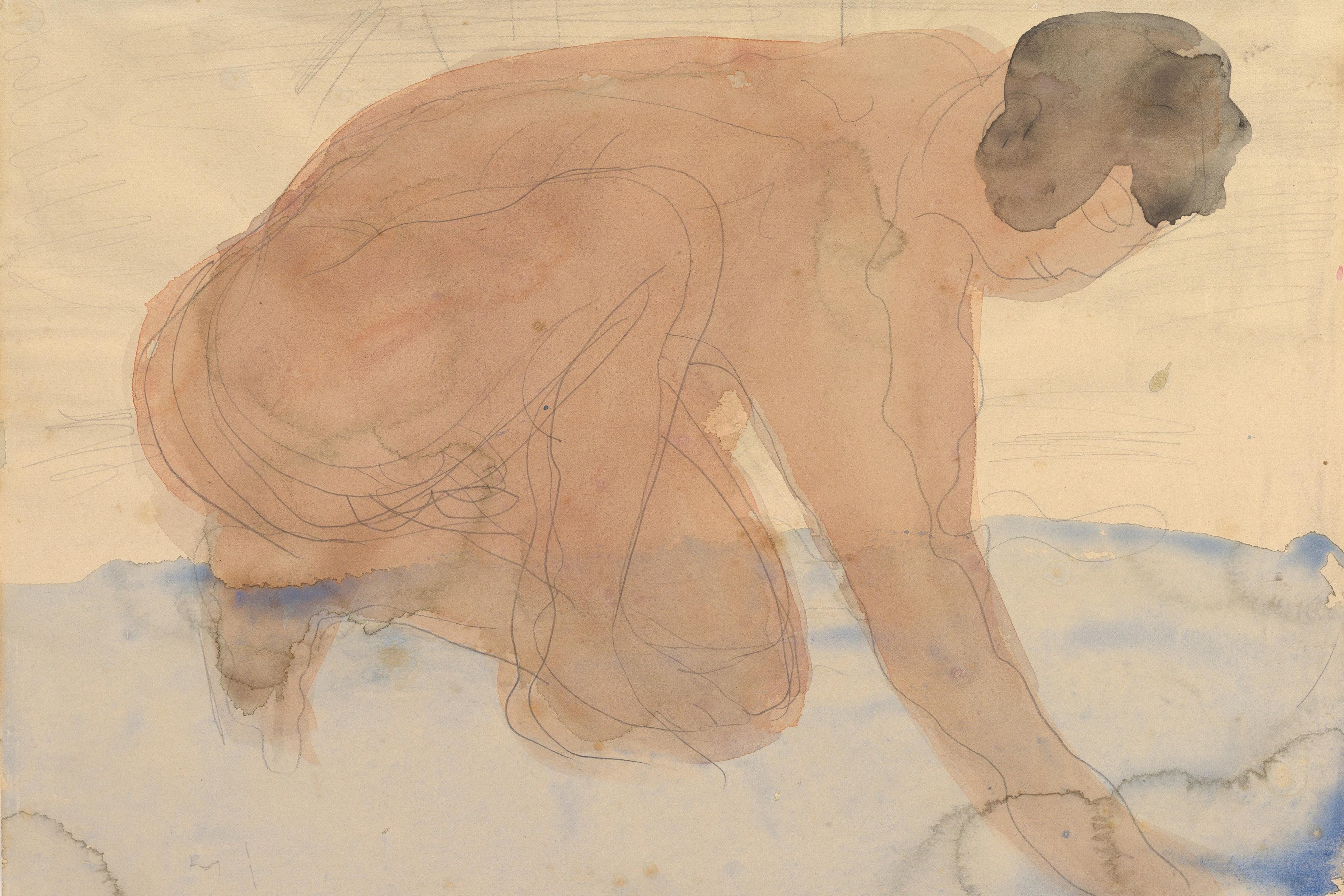
essayPhilosophy of mind
From cells to selves
Contemplating the world requires a body, and a body requires an immune system: the rungs of life create the stuff of thought
Anna Ciaunica

essayBiology
Memories without brains
Certain slime moulds can make decisions, solve mazes and remember things. What can we learn from the blob?
Matthew Sims

essayPhilosophy of mind
Suffused with causality
Humans have a superpower that makes us uniquely capable of controlling the world: our ability to understand cause and effect
Mariel Goddu

videoCognition and intelligence
A father forgets his child’s name for the first time in this poetic reflection on memory
4 minutes

essayMedicine
When I lost my intuition
For years, I practised medicine with cool certainty, comfortable with life-and-death decisions. Then, one day, I couldn’t
Ronald W Dworkin

essayCognition and intelligence
The power of prayer
Praying is a cognitive practice full of problem-solving resources. You can learn from it even if you don’t want to do it
Eleanor Schille-Hudson

videoNeuroscience
Dog vision is a trendy topic, but what can we really know about how they see?
11 minutes

essayEvolution
What is intelligent life?
Our human minds hold us back from truly understanding the many brilliant ways that other creatures solve their problems
Abigail Desmond & Michael Haslam

essayNeuroscience
How to make a map of smell
We can split light by a prism, sounds by tones, but surely the world of odour is too complex and personal? Strangely, no
Jason Castro
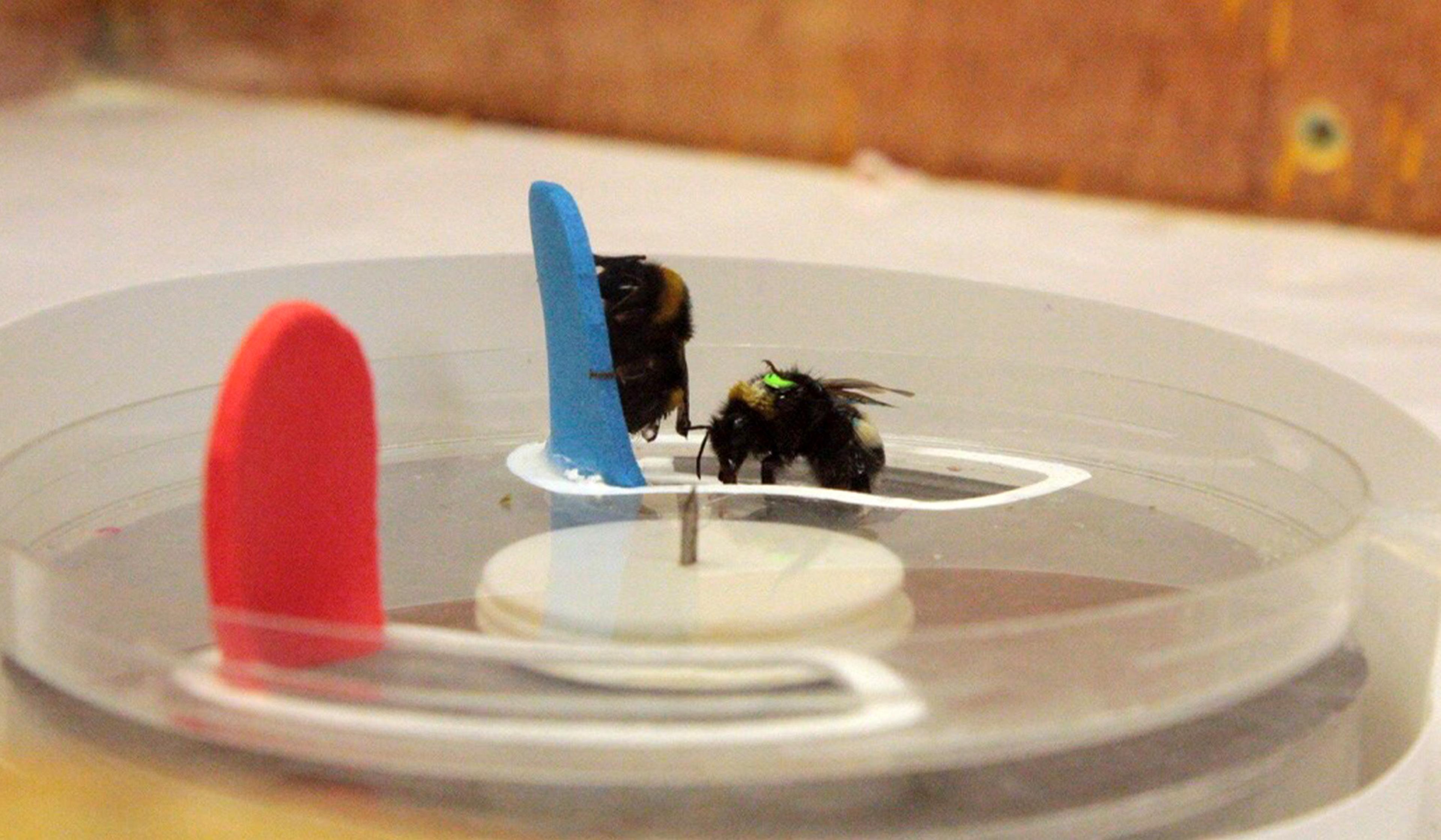
videoCognition and intelligence
What’s this buzz about bees having culture? Inside a groundbreaking experiment
8 minutes

essayPhilosophy of mind
What colour do you see?
New research is uncovering the hidden differences in how people experience the world. The consequences are unsettling
Gary Lupyan

essayCognition and intelligence
Are you an artistic genius?
Maybe not, but if that’s the threshold you use for creativity in your life, you are coming at the problem all wrong
James C Kaufman

essayConsciousness and altered states
Déjà vu
Have you been here before? The eerie sensation is the shadow of your mind searching inward for clues to its own survival
Anne Cleary

essayStories and literature
The sonnet machine
A sonnet contains an emotional drama of illusion and deception, crisis and resolution, crafted to make us think and feel
Timothy Hampton
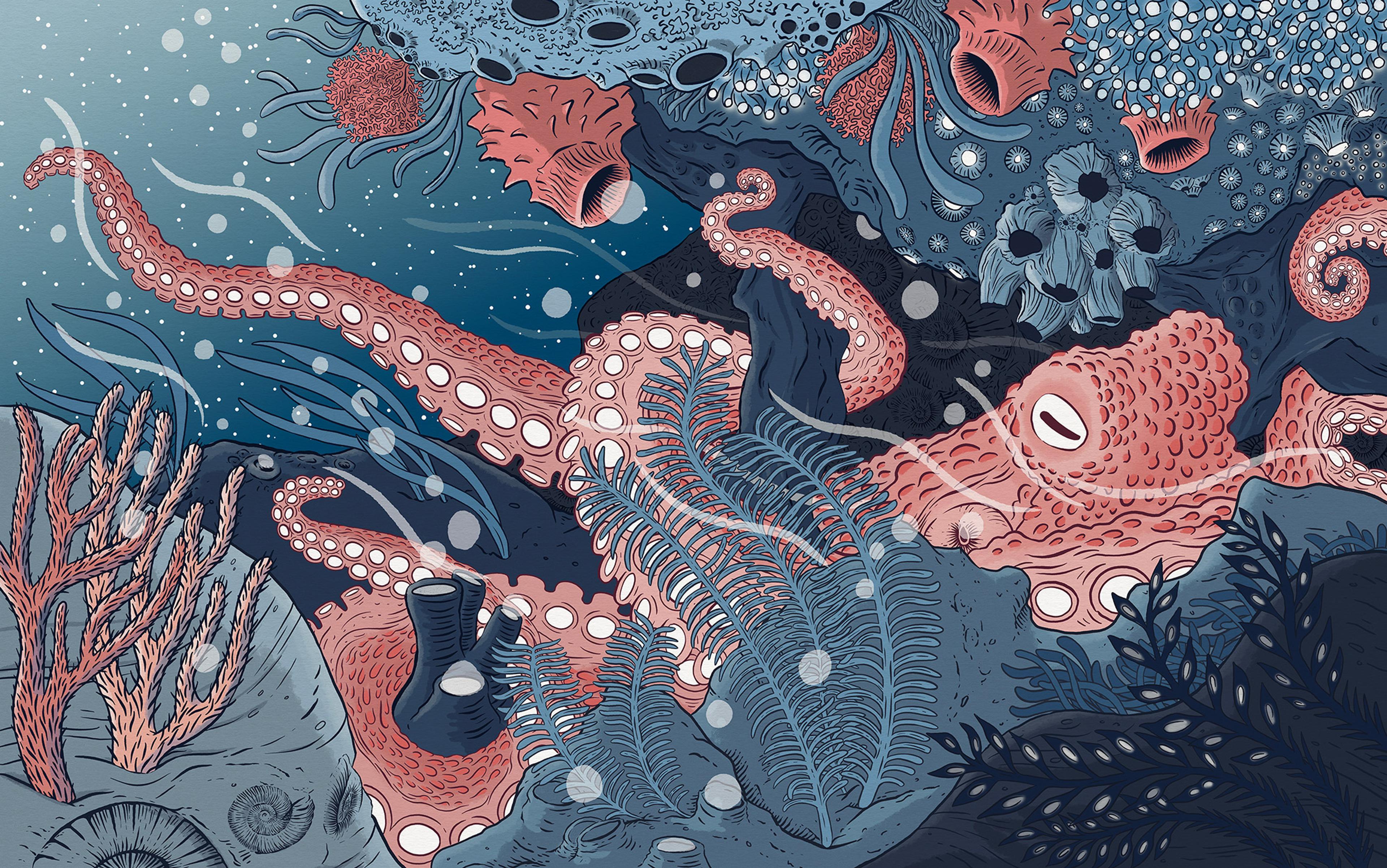
essayBiology
Octopus time
We humans are forward-facing, gravity-bound plodders. Can the liquid motion of the octopus radicalise our ideas about time?
David Borkenhagen
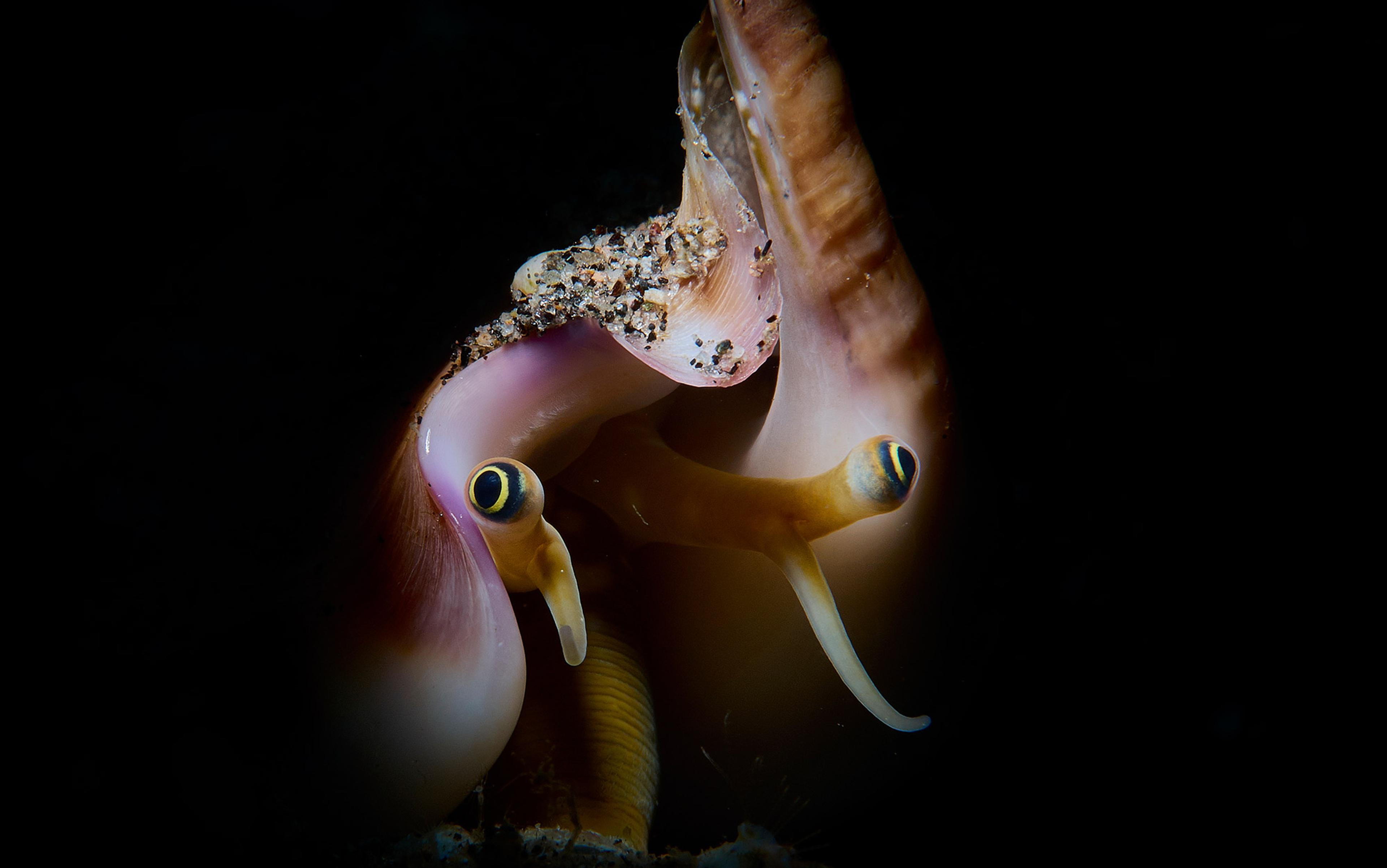
essayComputing and artificial intelligence
What has feelings?
As the power of AI grows, we need to have evidence of its sentience. That is why we must return to the minds of animals
Kristin Andrews & Jonathan Birch

essayPhilosophy of mind
Super-cooperators
Clear and direct telepathic communication is unlikely to be developed. But brain-to-brain links still hold great promise
Gary Lupyan & Andy Clark
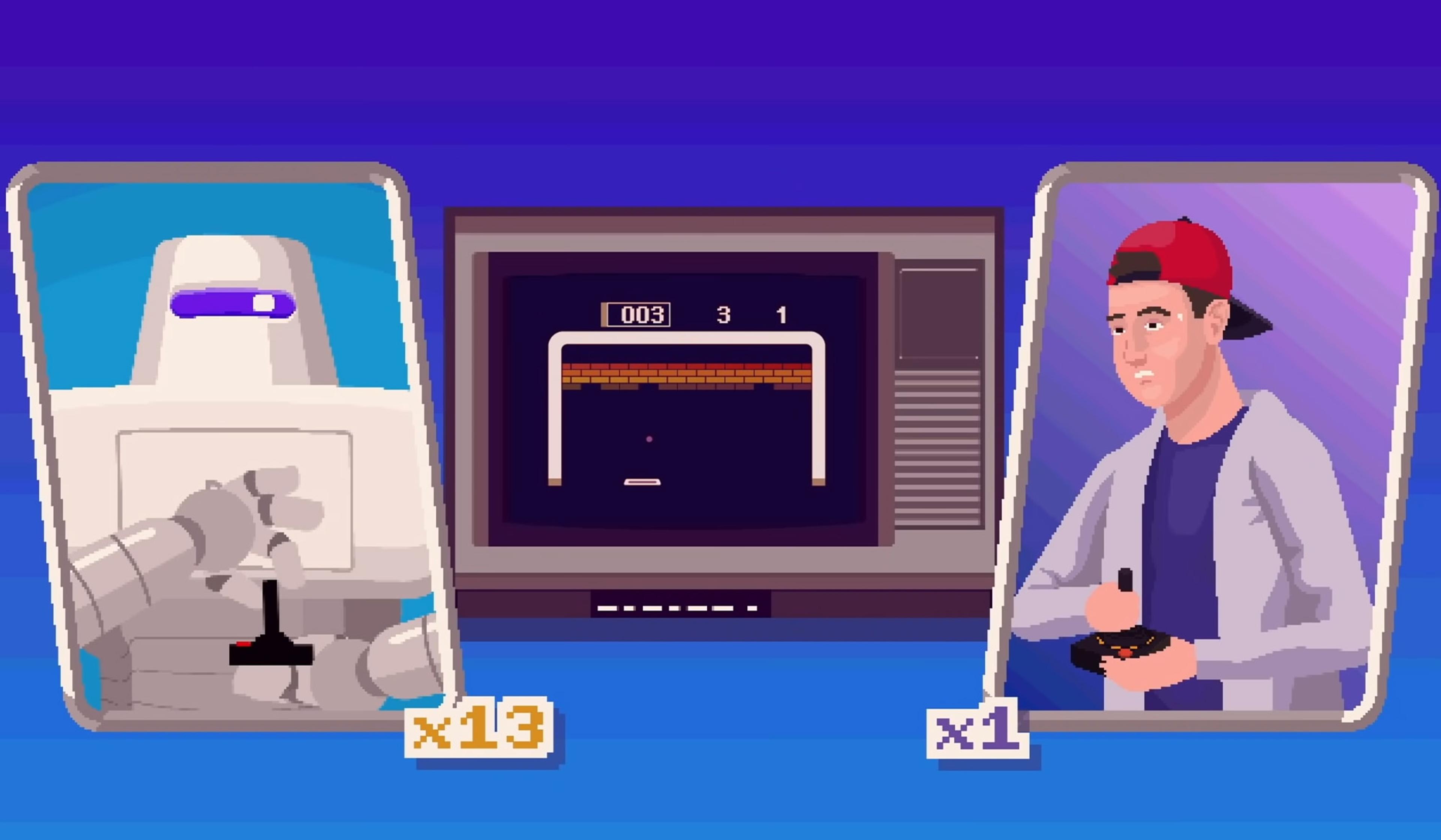
videoComputing and artificial intelligence
Teaching an AI to beat video games still takes human imagination
5 minutes

essayKnowledge
A sliver of reality
Science and mathematics may never fully capture the physical universe. Are there hard limits to human intelligence?
David H Wolpert

essayEvolution
Connected-up-brains
Bat friends, monkeys sharing, and humans holding hands: the brains of social animals synchronise and expand one another
Sofia Quaglia

essayKnowledge
Imaginology
We need a new kind of approach to learning that shifts imagination from the periphery to the foundation of all knowledge
Stephen T Asma
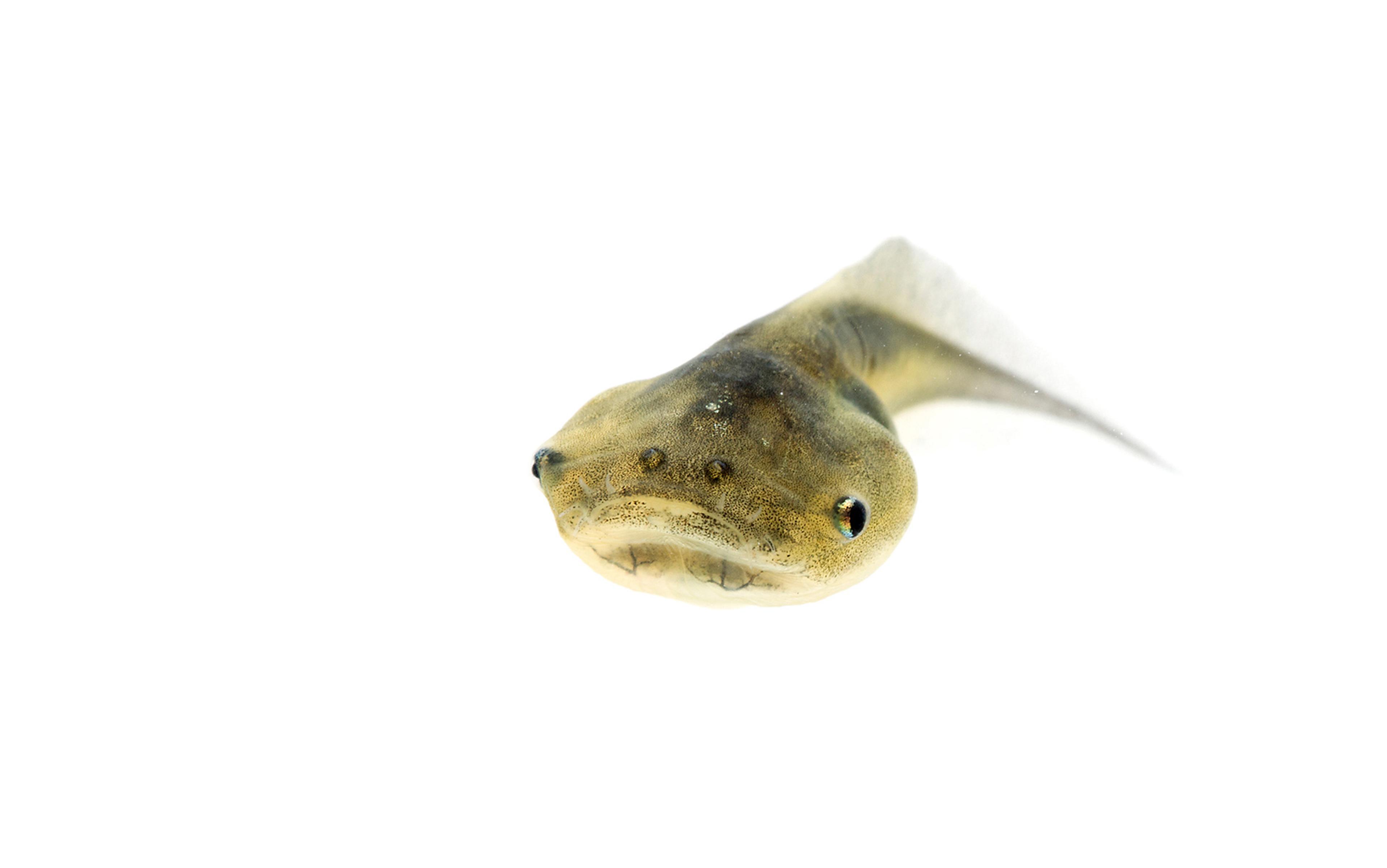
essayCognition and intelligence
Modular cognition
Powerful tricks from computer science and cybernetics show how evolution ‘hacked’ its way to intelligence from the bottom up
Michael Levin & Rafael Yuste

videoPhilosophy of mind
Embodied cognition seems intuitive, but philosophy can push it to some strange places
14 minutes

essayStories and literature
The art of the plot twist
Some twists infuriate; others are brilliant. But they both use the surprise story as a self-exploding confidence game
Vera Tobin